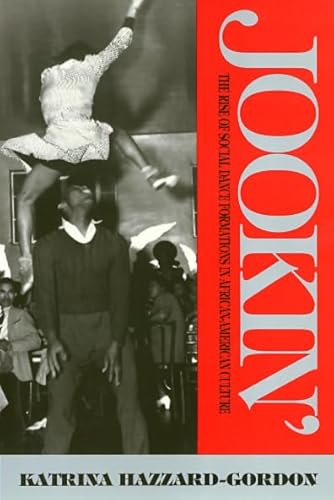
Athens: University of Georgia Press, 2000.Ĭover art for Walking For Dat Cake (1877), an early cakewalk by composer David Braham. Volume 2, From the Ending of Slavery to the Twenty-First Century. Islanders in the Stream: A History of the Bahamian People. What is certain, however, is that the ritual's historical significance-described by scholar Jan Carew as "a profound symbolic expression of the long struggle of the Afro-Caribbean peoples against slavery, the plantation system, a stultifying colonial rule, and a demonstration of how the African identity established itself in the Caribbean"-lies in stark contrast to its modern status.Ĭraton, Michael and Gail Saunders. While apocryphal accounts date white interest in the dance to the time of the Bahamian plantation system, where watching slaves perform was "a popular diversion for the masters" (Craton and Saunders), tourist visits to 1950s Jamaica are a more likely explanation of its export to the United States. Regardless of its beginnings, in the Western Hemisphere, limbo-which is also a West Indian slang term for "limber"-is believed to have been first observed at funerals in Trinidad.

Among the theories: the limbo was a simulation of the descent into a slave ship's hull-the further along one got, the more difficult it was to get out limbo-like movements were forced upon transiting slaves in order to "exercise" them onboard, as healthy slaves would fetch higher prices at auction its contorted performance reconciles the story of Anansi, a plotting, trickster spider common in West African folklore, with the horrors of slavery and, lastly, the dance is a variation on a Vodou folk dance from the Dahomey Kingdom (modern-day Benin). The precise origins of the enduring fad dance remain somewhat in dispute, but all seem to relate back to bondage.


Though the limbo is most often associated with beach parties, American wedding celebrations, and other raucous occasions, its history is much less festive. Miscellaneous Occupations and Realms of Renownīefore 1400: The Ancient and Medieval Worldsġ400–1774: The Age of Exploration and the Colonial Eraġ775–1800: The American Revolution and Early Republicġ801–1860: The Antebellum Era and Slave Economyġ877–1928: The Age of Segregation and the Progressive Eraġ929–1940: The Great Depression and the New Dealġ941–1954: WWII and Postwar DesegregationĪlbum cover for Let's Limbo! (1963), recorded by John Greenwood & the Islanders. Exploration, Pioneering, and Native Peoples


 0 kommentar(er)
0 kommentar(er)
